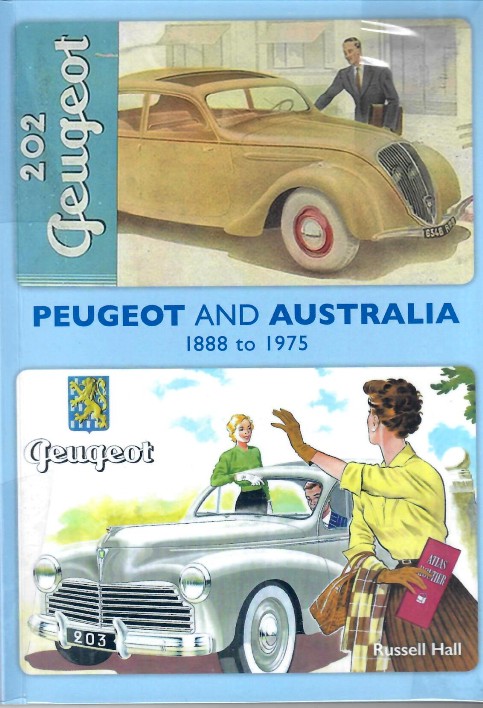It was a century ago that Peugeot enjoyed a short lived bright period on the Australian market that gave the impression Peugeot had at last become firmly established in Australia. It began with the appointment of A.W.B. Mather and the French Auto Company as sole concessionaire for Australia in 1921 and was to decline after his bankruptcy in 1925. Alfred Mather was a remarkable, high achieving individual. His activities in business were controversial, sailing close to the legal wind. The young barrister Robert Menzies did not like him. Mather certainly liked Peugeots and knew how to advertise and promote them. His whole family was involved in selling and promoting the cars. Not only cars but trucks. There is no knowledge among Australian truck museums of the Peugeot four tonne truck with solid wheels listed at a considerable thousand pounds. But we do have confirmation at least two were sold. Even if there are no pictures. I lose trace of Mather in the late 1930's when he was heading overseas with investor money to bring a European car factory to Adelaide.
When research is begun within a lifetime of a period there are always valuable personal recollections and opinions. The last people who knew dealers like Alec Chapman are going. My valuable contact for pre-war motoring who trained in the 1930's and could describe the distinctive exhaust note of a Cottin has passed. There are family archives and memories that are not always willingly shared.
People rightly complain about the performance of modern Peugeot importers but their troubles are minor compared to those after 1925. You really know a make is in trouble when their stock turns up on the floor of an auction house.
When research is begun within a lifetime of a period there are always valuable personal recollections and opinions. The last people who knew dealers like Alec Chapman are going. My valuable contact for pre-war motoring who trained in the 1930's and could describe the distinctive exhaust note of a Cottin has passed. There are family archives and memories that are not always willingly shared.
People rightly complain about the performance of modern Peugeot importers but their troubles are minor compared to those after 1925. You really know a make is in trouble when their stock turns up on the floor of an auction house.


